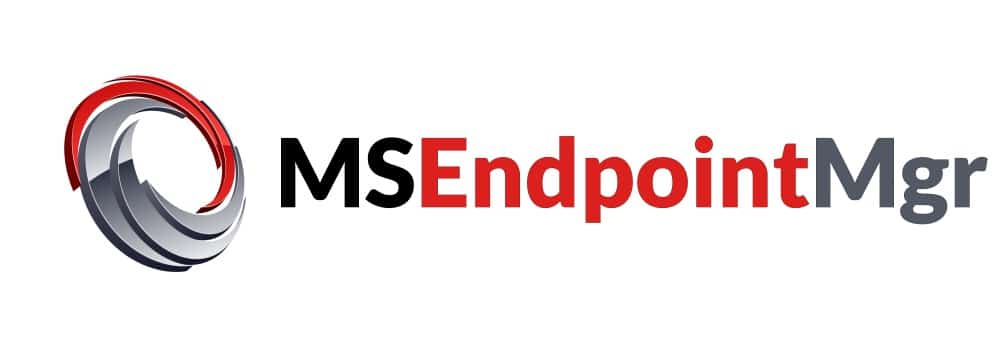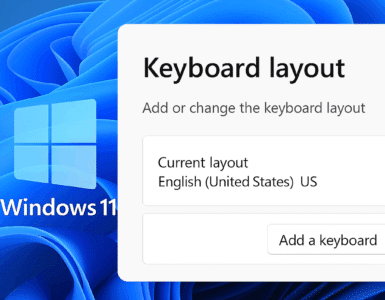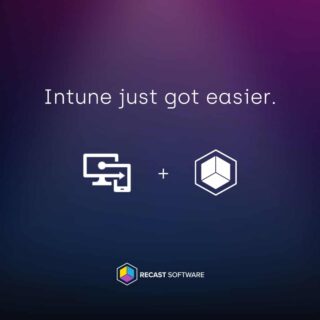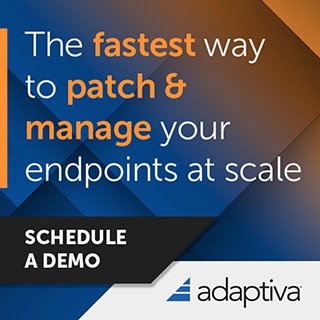With the announcement from Microsoft that ConfigMgr 2006 has been released, we’re super excited to announce that our solution Modern Driver Management, can now use the AdminService and also will be able to download driver package content from a content-enabled Cloud Management Gateway.
Out with the old and in with the new
Modern Driver Management has since it’s first release back in early 2017 been relying on the ConfigMgr WebService. This web service, being somewhat of an older technology that’s not favorable in todays landscape have for some organizations been a struggle to implement for various reasons, but mainly due to security concerns (even though we’ve attempted to address them over time). Being 2020 now, it felt like it’s due time to make a switch to something more modern and native in terms of the interface between ConfigMgr and the task sequence script.
Going forward, Modern Driver Management will now make use of the built-in and natively supported by the product, Administration Service (AdminService). With this change from a web service to a REST API comes a set of new requirements, all of which are documented in our newly revised and updated docs page:
Now supports Cloud Management Gateway
Starting from ConfigMgr 2006, client devices running this version or newer of the ConfigMgr client software, can now download driver package content over the internet using a content-enabled Cloud Management Gateway.
Below is a snippet of the verbose logging from the Invoke-CMApplyDriverPackage.ps1 script where it’s showing it’s connecting and authenticating to the AdminService over the external endpoint:

Once successfully authenticated, a call to the AdminService is made to retrieve all available driver packages created with the Driver Automation Tool:

From there on, depending on the deployment type defined when executing the script, the script would take the appropriate actions like it has in the past.
NOTE: Cloud Management Gateway support is only for the following deployment types: OSUpgrade, DriverUpdate and PreCache
BareMetal requires direct connectivity with the AdminService in the corporate network.
Community support statement
While working implementing these new changes, we decided that it’d be easier for future development that we’d separate the Invoke-CMApplyDriverPackage.ps1 script based on which interface method (ConfigMgr WebService or AdminService) it utilizes. Therefore, there will now be two different scripts under a somewhat of a ‘community support’ going forward:
- Invoke-CMApplyDriverPackage.ps1
- This version will be the one that retrieves the latest feature additions including bugfixes. It’s also the version that’s utilizing the AdminService.
- This will be referred to as version 4.x and onwards.
- Invoke-CMApplyDriverPackage_Legacy.ps1
- This version will remain available but will not receive new feature additions, only extreme bugfixes when applicable. This is the version that’s compatible with the ConfigMgr WebService.
- This will remains as version 3.x.
We recommend that you read our documentation and make the move to the new AdminService and start using the new version 4.x of the Invoke-CMApplyDriverPackage.ps1 script.
In addition, we’ve also found a new home for the scripts, which now has it’s own repository on GitHub:
https://github.com/MSEndpointMgr/ModernDriverManagement
Please report any issues or feedback on this repository, instead of the old.










Add comment